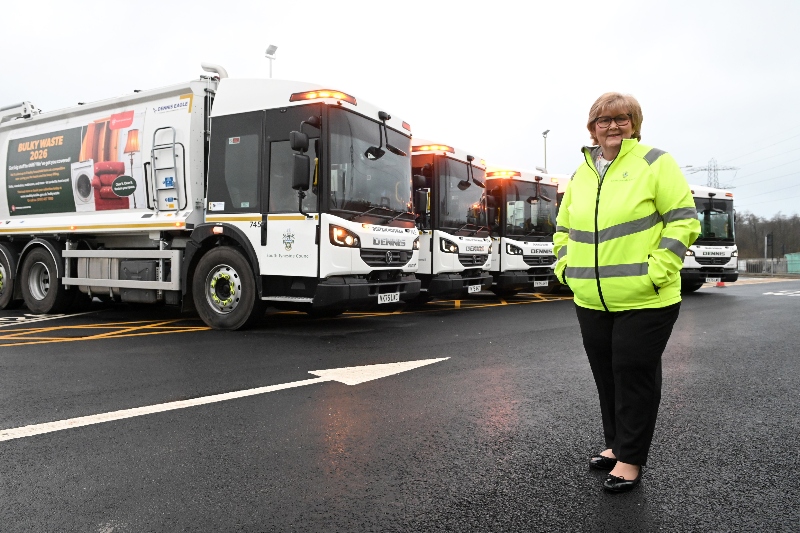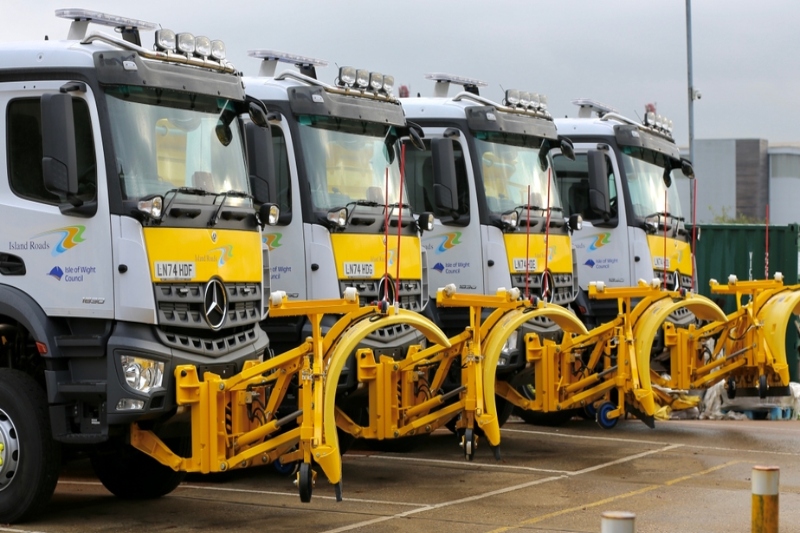A Bristol-based environmental consultancy has called for the roll out of electric refuse vehicles to help cut air pollution and local authority costs.
New research from Eunomia shows that switching the UK’s fleet of diesel powered refuse collection vehicles (RCVs) for electric trucks would reduce UK greenhouse gas emissions by 290 kilotonnes of CO2 each year.
This is the equivalent of recycling almost 16 billion plastic bottles.
The consultancy’s report Ditching Diesel – A Cost-benefit Analysis of Electric Refuse Collection Vehicles also argues that a switch to electric RCVs would save local authorities money in the long run.
It calculates that although capital costs associated with electric RCVs are greater than diesel vehicles and the relevant infrastructure would need to be established, this initial outlay is often justified by operational savings via lower running costs and the expenditure councils need to clean up the environmental damage caused by diesel vehicles.
‘With RCVs visiting almost every street in Britain on a weekly basis, they are a significant part of our current carbon intense society,’ said the report’s author Tanguy Tomes.
'Local authorities are looking for ways that they can reduce their contribution to the climate crisis, and eliminating the huge amount of carbon released on a daily basis by diesel RCVs is a logical, and now financially viable, step.
‘We hope that our research will help local authorities to build a solid business case for the urgent change that is required: with a reduction in greenhouse gases, harmful air emissions and noise, and with financial savings becoming more likely, the case for eRCVs is becoming compelling.’
Image: Dorota Szymczyk/Shutterstock.com.






